Running to Red will always be a free publication, but if you’d like to support me and my work, please consider a paid subscription. 🍒
I actually read rather slowly this month, so most of these are relatively short reads (under 100 pages). I have been trying to read on my deck more, or outside in general. The sun warming my face and the crisp pages of a yet unexplored novel are divine feelings. I am going to try to make this a monthly series, so if you like this post, please sound off in the comment 💕🌷
Big Magic: Creative Living Beyond Fear by Elizabeth Gilbert
I generally don’t listen to audiobooks, but I could listen to Elizabeth Gilbert read the phone book. This may be the only “self-help” book I’ve read in the past five years that doesn’t just regurgitate the power of manifestation and positive mindset (or basic CBT skills dressed up as ancient wisdom).
Gilbert speaks mostly of writing in regard to living creatively, although anyone can find material that teaches abstract thinking without being condescending. She speaks of ideas as spectral pieces of the collective unconscious, looking for an open host to bring it to life. The author or artist is no genius — she actively disputes any deification of creatives — but a vessel for the complexity and beauty of the world to become tangible.
Gilbert advocates for treating your work as just that, a piece of content, to be edited and edited and edited. Treating your work as “your baby” can only lead to heartbreak when the inevitable rejection or critic comes.
⭐⭐⭐⭐⭐
You are worthy, dear one, regardless of the outcome. You will keep making your work, regardless of the outcome. You will keep sharing your work, regardless of the outcome. You were born to create, regardless of the outcome. You will never lose trust in the creative process, even when you don't understand the outcome. ― Elizabeth Gilbert, Big Magic: Creative Living Beyond Fear
Assembly by Natasha Brown
The story follows a Black woman in London as she questions her existence in a world built only to break her down. Assembly is biting in its commentary, and elucidated aspects of Black life in the UK that I did not consider as an American. The prose is quick — staccato like — which works beautifully in the longer sections. The shorter sections tend to suffer from this style of writing, especially when themes can whiplash from paragraph to paragraph. The hopelessness that comes with being both a woman and Black in a system designed to work against them is translated on 114 pages to palpable, heart wrenching effect. Overall, I am going to be revisiting this one; I don’t think I got everything out of it on one read.
⭐⭐⭐
“Generations of sacrifice; hard work and harder living. So much suffered, so much forfeited, so much -- for this opportunity. For my life. And I've tried, tried living up to it. But after years of struggling, fighting against the current, I'm ready to slow my arms. Stop kicking. Breathe the water in. I'm exhausted. Perhaps it’s time to end this story. Ah - here’s Lou.”
― Natasha Brown, Assembly
McGlue by Ottessa Moshfegh
I am so sorry to the Ottessa worshippers out there, but I DNF this one at ~30%. I like dark fiction. A lot. But I wouldn’t classify this novella as dark; it is just plain disgusting. While I understand the main character is written as a homophobic, self-hating, queer sailor….do we really have to keep referring to a character as “the f*g”?? I should go back and count how many times “f*g” or “f*ggot” is said because it is excessive, and not to the benefit of the narrative. Ottessa — the more of her I read — seems to love to shock for the point of shocking rather than to make any real statement. And I say this loving Mona Awad and Heather O’Neill, who are both masters at weird and off-putting prose.
⭐
Sky Daddy by Kate Folk
Remember how I said I love weird and kinda dark books? Well, this was my cup of matcha iced oat milk tea! While the main focus on the book is the MC’s sexual desire to die in a plane crash (yes, really), the subplot is a beautiful look at adult friendships. How we connect with coworkers, how we grow away from older friends, and how we need to face our fears to grow are all themes that are masterfully weaved into the crazy life of a plane-sexual.
⭐⭐⭐⭐
The Lover by Marguerite Duras
First published in 1984, The Lover is Duras’s way of retelling and processing parts of her childhood in Saigon. Her prose jumps around, making it feel like a conversation between old friends. She tells one story, and following that train of thought, jumps off into another section. This was a short read but striking in the way her family life and setting egg on the debaucherous antics of a teenage Duras.
⭐⭐⭐
“The story of my life doesn’t exist. Does not exist. There’s never any center to it. No path, no line. There are great spaces where you pretend there used to be someone, but it’s not true, there was no one.”
― Marguerite Duras, The Lover
Perfection by Vincenzo Latronico, Sophie Hughes (translator)
Latronico crafts a beautiful meditation on current social topics—such as the refugee crisis and growing omnipotence of the internet—through description alone. By this I mean that Anna and Tom, our protagonists, never speak; there is no dialogue. Instead, Latronico’s prose focuses on their experiences and reactions, essentially letting the plot carry the characters along, which would normally be a cardinal sin in writing. But it works SO well; his ability to cut to the heart of modern ennui resonated with me deeply. This really felt like a book that caught me at just the right time.
⭐⭐⭐⭐
“Anna and Tom had grown up with the notion that individuality manifested itself as a set of visual differences, immediately decodable and in constant need of updating”
― Vincenzo Latronico, Perfection


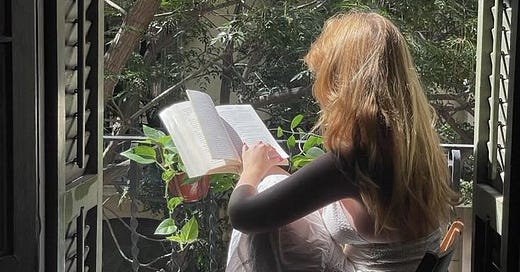


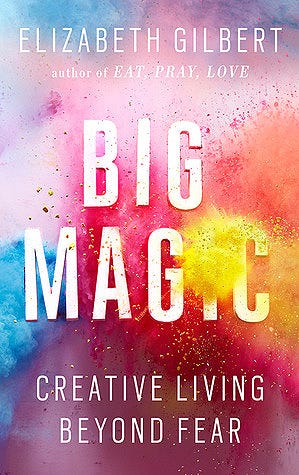
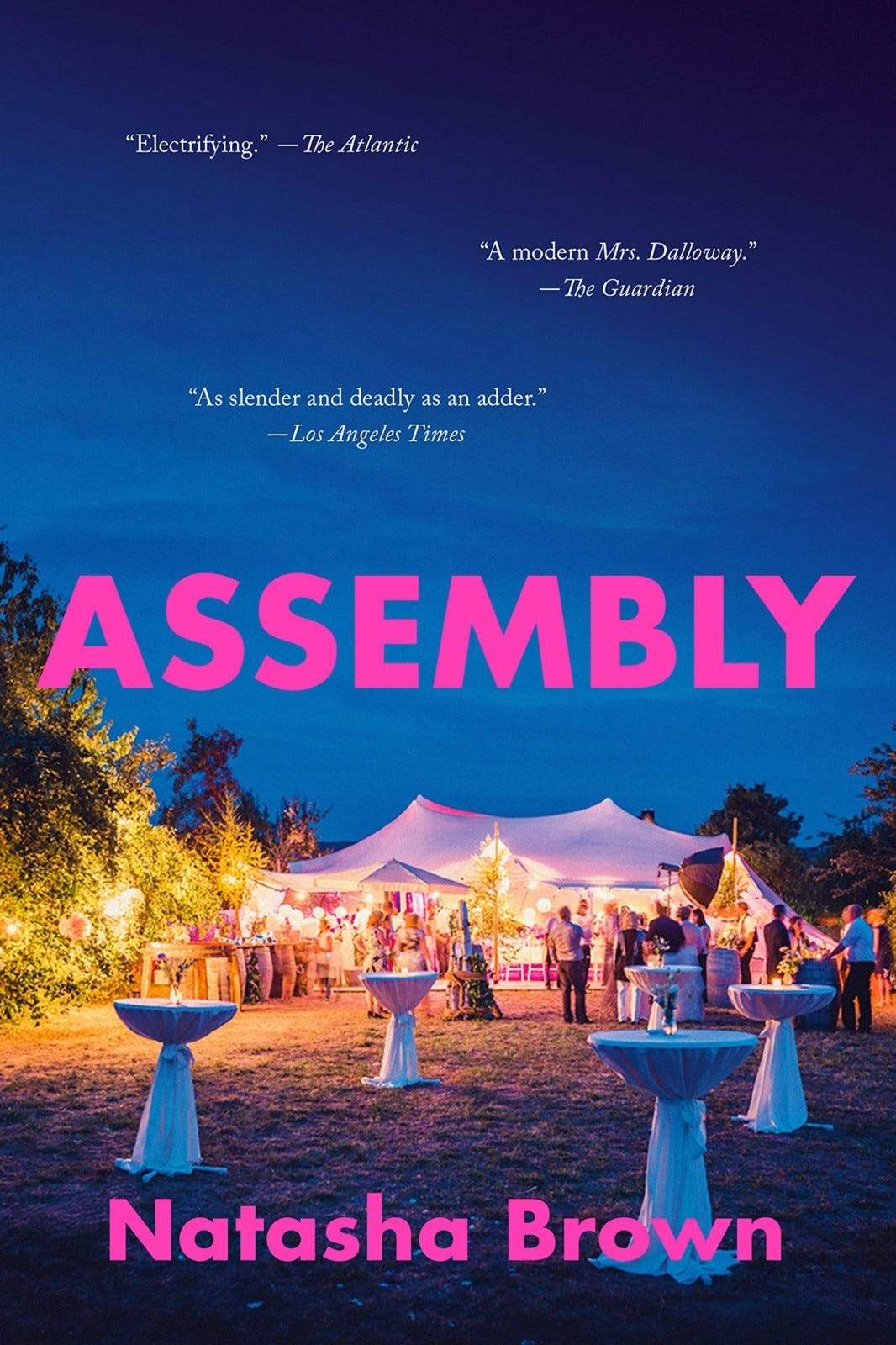
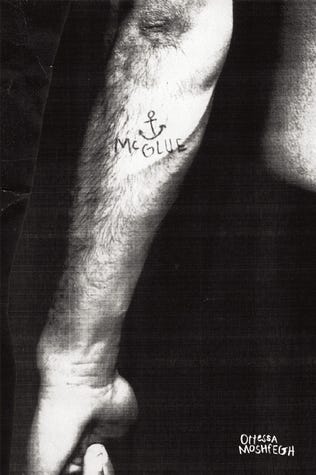
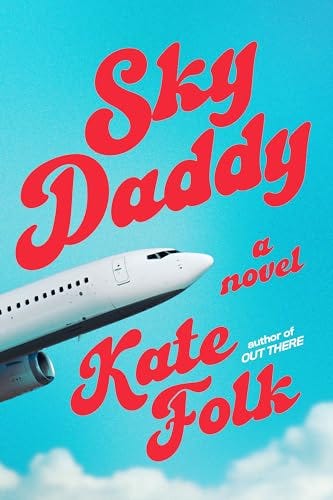
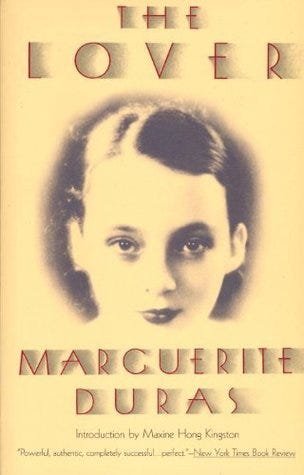
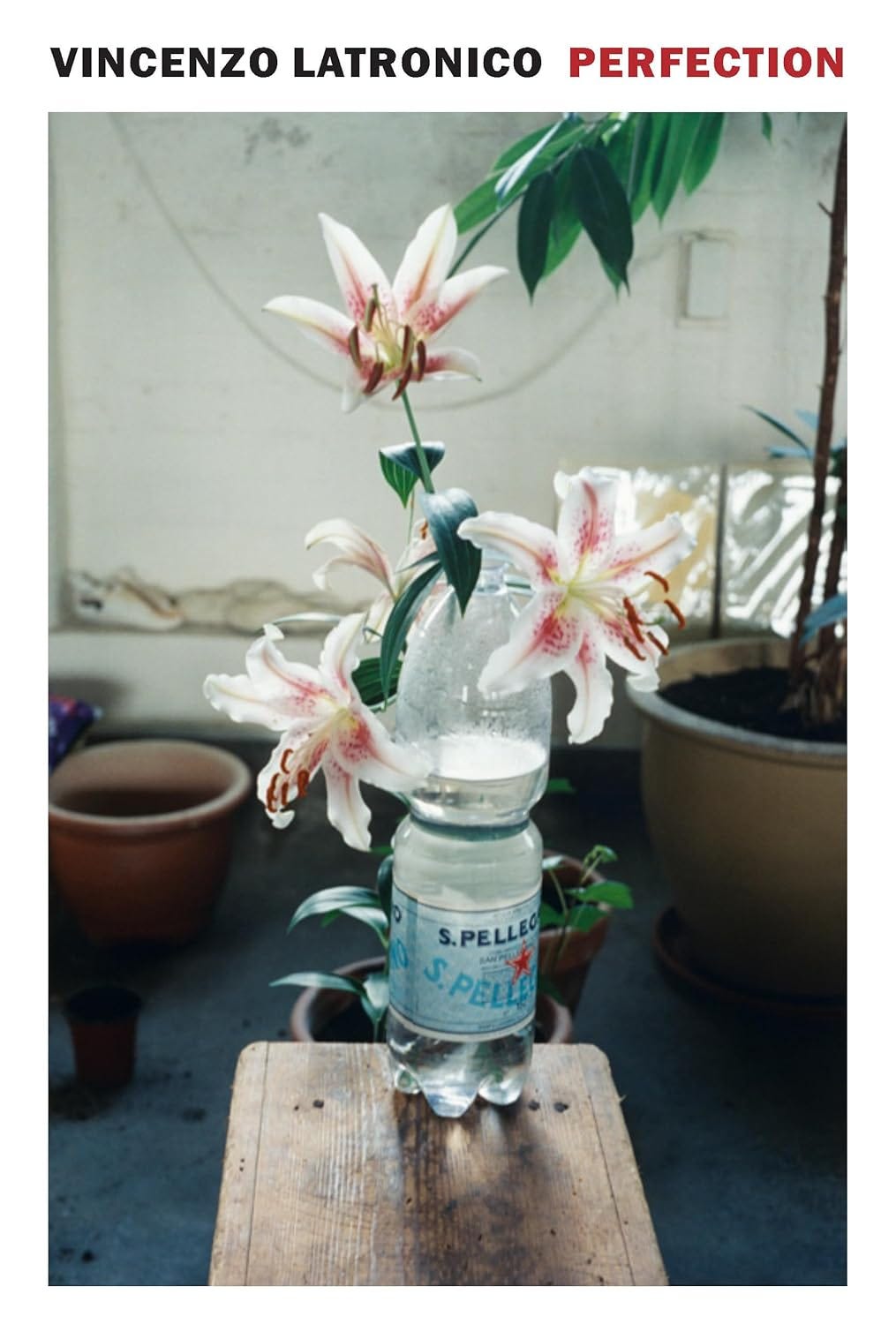
So many writers get this wrong ("seems to love to shock for the point of shocking rather than to make any real statement") -- my impression was that I wouldnt like Ottessa, thanks for confirming that for me.
Oh no about McGlue! I’ve read several of her other books but not that one. Point well taken about shock for shock’s sake; in Homesick for Another World (I liked best), the stories that weren’t as heavy on the gross factor were the ones I liked best. Sometimes her current Substack writings are big on the gross/shocking element too, even in their headings.